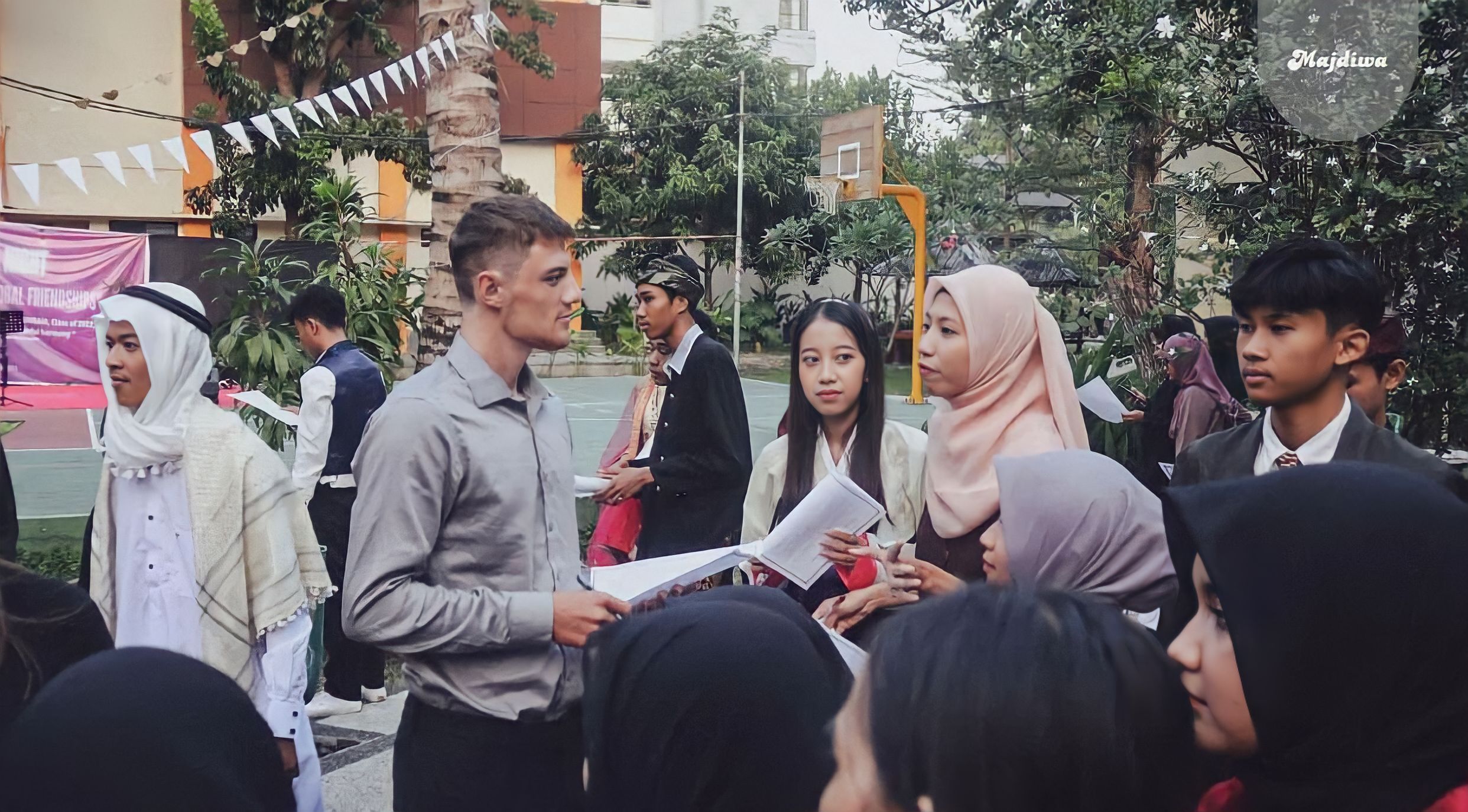
Intercultural Understanding
This course focuses on fundamental conceptual and practical dimensions of intercultural communication in everyday life in social interactions in multicultural environments. It aims at developing an individual's intellectual appreciation for cultural differences and sensitivity regarding intercultural communication. The course: (1) discusses basic concepts, conceptual frameworks, and some broader contexts of intercultural communication; (2) analyzes and discuss examples of cross-cultural conflicts in a variety of situations; (3) develops an understanding of barriers to effective intercultural communication; (4) develops intercultural sensitivity in terms of beliefs, values, and norms; and (5) develops an understanding of intercultural competence.

GRAMMAR FOR LANGUAGE TEACHERS
This course is intended for those who are interested in exploring the basic of English grammar. It is a kind of review of simple, compound and complex sentences, together wit other grammar topics appropriate for advanced learners. in the second half of the semester, the focus will change to the arts of teaching grammar starting from the history of grammar teaching, the proposition whether to teach or not to teach grammar as well as different approaches and strategies in teaching grammar. the final objective of this course is for students to be able to justify the teaching of grammar, analyze students' interlanguage, and to recommend how to improve a learner's language competency.

Second Language Acquisition
Second Language
Acquisition (SLA) merupakan matakuliah wajib bagi mahasiswa Pendidika Bahasa Inggris
di Jurusan Pendidikan Bahasa dan
Seni, FKIP Universitas Mataram, dengan bobot perkuliahan sebanyak 2 sks.
Setelah mengikuti serangkaian
kegiatan perkuliahan meliputi blended learning, belajar terstruktur, dan
belajar mandiri, mahasiswa semester 5 Program
Studi Pendidikan Bahasa Inggris diharapkan mampu menguasai konsep teoritis,
prinsip, karakteristik, fungsi dan aplikasi pengetahuan dan keterampilan yang berhubungan dengan metode, tahapan
(stage), usia, dan perkembangan penguasaan Bahasa kedua. Mahasiswa juga
mampu menganalisis fenomena Bahasa dalam kehidupan sehari-hari untuk menyelesaikan suatu masalah sesuai dengan
teori, konsep dasar, dan prinsip-prinsip ilmiah penguasaan Bahasa kedua, serta mampu merancang perangkat pembelajaran serta mempresentasikannya dengan kinerja
mandiri, bermutu, terukur dan sistematis.
Beberapa materi pembelajaran SLA yang dibahas dalam perkuliahan ini yaitu concepts,
linguistic aspects, psychological aspects,
social context, hypothese, input and outputand teaching
approaches of second
language acquisition. Konsep dan aspek-aspek SLA juga mendukung profil
program studi dan kekhasan program studi pendidikan bahasa Inggris.

Essay Writing
This Essay Writing course is intended to extend and/or develop the students’ skills in writing after they completed the Paragraph Writing course in the previous semester. This course will equip the students with knowledge about writing essays and provide them with activities for writing essays.
In this course, the students will review the paragraph and compare it to the essay regarding each structure and function. They will be guided to learn and analyze the basics of an essay and then practice writing one in groups before having practice writing some different types of essays individually. To develop their critical thinking and to promote mutual benefit in which they can learn from others, the students will be guided to do and practice peer review and editing.

ENGLISH FOR HOTEL AND RESTAURANT 2024
This course is designed to equip with language
knowledge and skills appropriate for providing services at hotel and
restaurants. The course also trains you to develop lesson plans dan teaching materials for teaching English for Hotel and
Restaurant

Public Speaking
This course aims to develop students' confidence and competence in public speaking in English. Through various activities and assignments, students will learn how to organize and deliver effective speeches, manage speech anxiety, and engage with different audiences.

Second Language Acquisition
This course provides an introduction to major issues and theories in second language acquisition underlying current methods of language teaching. Understanding of these issues will broaden the students’ perspectives in the field of foreign language learning and teaching. Possible topics include the roles of first language, the differences between the first and the second language acquisition, variables affecting second language learning, Input Hypothesis, Natural Order Hypothesis, Contrastive Analysis, and Error Analysis. Lectures and discussions of the assigned reading will be major class activities.

